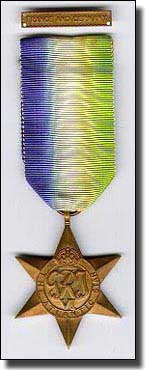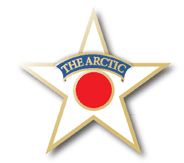It has taken 68 years, but at last relatives of those who died in one of the worst British naval disasters might soon be able to discover where the bodies are buried.
Lawyers acting for North Ayrshire Council have just agreed to start the legal moves which, campaigners believe, will solve one of the longest lasting and painful mysteries of the Second World War. A formal request will be made to the courts asking for the excavation of a patch of ground at
Ardrossan cemetery in Ayrshire.
This excavation should allow archaeologists to peel away the topsoil from an area which is thought to contain the bodies of more than 60 British seamen – sailors who were dumped in the unmarked pit, apparently because the Royal Navy was desperate to keep the true story of their deaths a secret.
The sailors had been part of the complement of 555 serving on
HMS Dasher. The Royal Navy vessel had started life as a freighter, but was hastily converted into an aircraft carrier during the early part of the war.
HMS Dasher sank suddenly in the Firth of Clyde in March 1943, ripped apart by an explosion which may well have been caused by a fuel leak and a dropped cigarette.
The loss of 379 of the 555 crew still represents the second-worst naval disaster in home waters. It is only surpassed in scale by the loss of the 833 men in the sinking of the
Royal Oak at Scapa Flow in 1939.
Thirteen of the bodies which were brought ashore were buried with military honours at Ardrossan cemetery and another seven were buried at Greenock. However, dozens more which were washed up along the Ayrshire coast, were apparently taken away by the Navy and never seen again.
Members of the History Group may recall David Craig, speaking about the Arctic Convoys on 18 October this year, stating that HMS Dasher was one of the escort vessels protecting Murmansk Convoy JW53 which left Loch Ewe on 15 February 1943. The flagship was the cruiser
HMS Belfast and the convoy's other escorts included the cruisers
HMS Cumberland,
HMS Sheffield and 15 destroyers. David was then serving as the Third Radio Officer on SS Dover Hill.
As the convoy sailed northwards it encountered heavy winds. Six merchant ships were damaged and diverted to Iceland, along with
HMS Sheffield and the armed trawler
HMT Lord Middleton. A Royal Navy flotilla led by the cruiser
HMS Scylla relieved the original escorts off Iceland. However, during the storm
HMS Dasher had suffered engine trouble and returned to the Firth of Clyde, leaving JW 53 without air cover. The convoy reached the Kola Inlet on 27 February 1943.
 Winston Churchill said the
arctic convoy mission was "the most dangerous journey in the world"
Winston Churchill said the
arctic convoy mission was "the most dangerous journey in the world"



